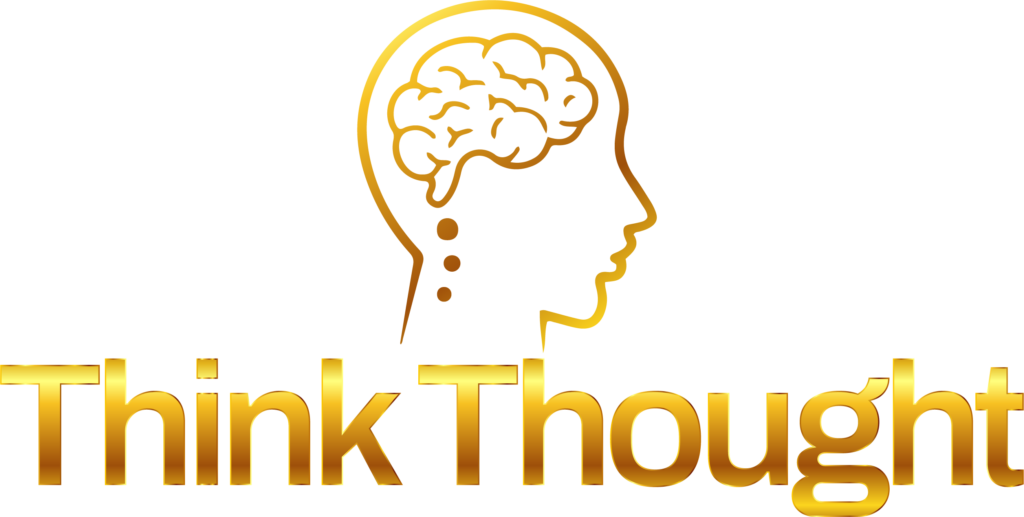If you live with a chronic mental health condition like major depression, generalized anxiety, or PTSD, you know the journey isn’t linear. It’s not a single illness you treat once; it’s a ongoing reality you learn to manage. Traditional care models, with their periodic office visits, often leave a vast gap between sessions—a gap where isolation, confusion, and relapse can creep in. What if your care could extend beyond the therapist’s office and into your daily life, offering guidance and support exactly when you need it?
This is no longer a theoretical question. We are witnessing a seismic shift in mental healthcare, fueled by the convergence of two powerful innovations: telehealth and Digital Therapeutics (DTx). Together, they are moving us from an episodic, reactive model of care to a continuous, proactive, and empowering system for chronic mental health management. This isn’t just an upgrade; it’s a transformation.
What Exactly Are Digital Therapeutics (DTx)?
Let’s unpack this term, as it’s more than just a mental health app. The Digital Therapeutics Alliance defines them as evidence-based therapeutic interventions driven by high-quality software programs to prevent, manage, or treat a medical disorder or disease.
In simpler terms, DTx are clinically validated “digital treatments.” They are not just for tracking your mood or offering meditation tips. They are structured, often prescription-grade, programs that deliver evidence-based therapeutic modalities like:
-
Cognitive Behavioral Therapy (CBT)
-
Dialectical Behavior Therapy (DBT)
-
Exposure Therapy
-
Social Rhythm Therapy for bipolar disorder
Crucially, many of these interventions have received clearance or approval from regulatory bodies like the U.S. Food and Drug Administration (FDA), meaning they’ve undergone rigorous clinical trials to prove their safety and efficacy, just like a medication would.
The Power Couple: Telehealth and DTx in Tandem
While powerful on their own, DTx and telehealth create a truly revolutionary care model when integrated. Think of it this way:
-
Telehealth provides the crucial human connection, the clinical expertise, and the therapeutic alliance with your provider.
-
Digital Therapeutics provide the continuous, structured, and interactive toolkit you use between sessions.
Your telehealth sessions become strategic checkpoints. Instead of spending time reviewing basic skills or catching up on weeks of events, you and your provider can review the data and progress from your DTx program. This allows for deeper, more focused work during your time together. The provider can see what’s working, identify where you’re stuck, and adjust your digital “prescription” accordingly.
How This Integrated Model Transforms Chronic Care
For individuals managing long-term conditions, this combination offers tangible, life-changing benefits that address the core challenges of chronic illness.
1. Continuous, On-Demand Support
The gap between sessions is where many people struggle. A DTx program is there 24/7. Feeling a spike in anxiety at 10 p.m.? You can open your DTx app and work through a guided CBT exercise to challenge catastrophic thoughts. This creates a constant safety net and reinforces skills in real-time, in the context of your actual life.
2. Data-Driven Personalization
DTx moves treatment away from guesswork. These platforms collect data on your engagement, progress, and self-reported moods. This provides your clinician with objective insights into your patterns. They might notice that your anxiety scores consistently rise on Sundays, allowing them to proactively address “Sunday Scaries” with you in the next session. This objective data leads to incredibly personalized and effective care plans.
3. Empowerment and Agency
Chronic conditions can make you feel powerless. DTx flips this script by putting powerful tools directly in your hands. You become an active participant in your own healing, building self-efficacy as you learn and apply skills to manage your symptoms. This sense of control is, in itself, profoundly therapeutic.
4. Enhanced Accessibility and Scalability
While a clinician’s time is limited, a DTx program can be scaled to help thousands simultaneously. This helps address the critical shortage of mental health professionals and makes gold-standard therapeutic interventions accessible to those who might not otherwise afford or access continuous traditional therapy. The National Institute of Mental Health (NIMH) supports research into such scalable interventions to overcome barriers to treatment.
The Evidence Behind the Innovation
This isn’t just a tech trend; it’s a scientifically-backed approach. Numerous studies have demonstrated the efficacy of DTx. For example, a randomized controlled trial published in the Journal of Medical Internet Research found that a prescription DTx for depression resulted in significant reductions in depressive symptoms compared to a control group.
These tools are designed to complement, not replace, traditional care. The human element provided by telehealth remains irreplaceable for building trust, providing nuance, and handling complex crises. DTx amplifies the clinician’s impact, making their expertise more continuous and data-informed.
The Future of Care is Connected and Continuous
The integration of Digital Therapeutics into telehealth represents the future of chronic disease management across medicine, and mental health is at the forefront. It acknowledges that managing a condition like depression requires more than a monthly conversation; it requires daily skills, support, and monitoring.
This forward-thinking, integrated approach is what defines modern psychiatric care. Practices like Think Thought Psychiatry LLC are closely following these advancements, recognizing that the most effective treatment plans are those that blend cutting-edge technology with compassionate, professional guidance.
The rise of DTx signals a new era—one where your care is no longer confined to an appointment book but is a living, dynamic part of your life, empowering you to achieve not just stability, but lasting wellness.
